SSW-16 - SSW
 |
SCI Science Workshop 16ARANJUEZ, Spain23 - 25 Jan 2024
ABSTRACTS | posters | LOGISTICS | SOCIAL ACTIVITIESIMAGE CONTEST |
|
Overview
The 16th Science Workshop (SSW) took place on 23 - 25 January 2024, in Spain.
The main purpose of this workshop is to present and discuss the science research that scientists in SCI-S and SCI-E are doing. It is an opportunity to “stretch” our abilities by trying to understand topics which we do not normally follow. It allows us to broaden our skill set and foster inter-site as well as inter-project cooperation in research activities. As per the experience gained in the previous few such meetings, this year’s is also being arranged off-site and on a residential basis as this additionally gives us the opportunity to get to know our colleagues better.
SCIENTIFIC PROGRAMME
| Tuesday 23rd January | ||
| 13:30 - 14:30 | Lunch | |
| 14:30 - 14:35 | Welcome | Markus Kissler-Patig |
| 14:35 - 14:40 | Introduction and logistics | SOC chair |
| Science Talks - Session #1 | Chair: Ricci Singh Bahia | |
| 14:40 - 15:00 | Invited talk: Euclid Early Release Observations programme | Rene Laureijs, Roland Vavrek and Valeria Pettorino |
| 15:00 - 15:10 | Gravity-driven differences in fluvial sediment transport on Mars and Earth (slides) | Lisanne Braat |
| 15:10 - 15:20 | The Beta Pic disk through the eyes of JWST (slides) | Isabel Rebollido Vázquez |
| 15:20 - 15:30 | Never throw away old data! Cygnus X-1's fast X-ray variability behaviour in the 70s revisited | Erik Kuulkers |
| 15:30 - 15:40 | Jupiter Mass Binary Objects - JuMBOs (slides) | Samuel Pearson |
| 15:40 - 16:30 | Coffee break + poster watching (Social room) | |
| Science Talks - Session #2 | Chair: Matthew Standing | |
| 16:30 - 17:00 | Captivating communications: catching and keeping your audience's wandering eye | Nicole Shearer |
| 17:00 - 17:10 | The search for circumbinary planets (slides) | Matthew Standing |
| 17:10 - 17:20 | Could the dinosaurs have observed Saturn's rings? (slides) | Nicolas Altobelli |
| 17:20 - 17:30 | Acceleration and transport of solar energetic particles in the inner heliosphere (slides) | Laura Rodríguez García |
| 17:30 - 17:40 | AT2023fhn (the Finch) and other animals (slides) | Ashley Chrimes |
| 17:40 - 18:00 | Introduction to new Research Fellows | Yannis Zouganelis |
| 18:00 - 18:10 | Introduction to new Young Graduate Trainees | Matteo Guainazzi |
| 18:10 - 18:50 | Poster author lightning talks (1/2) | Poster authors (chair: Chris Evans) |
| 19:00 - 19:20 | Science highlights from STScI | Nancy Levenson |
| 19:20 - 20:00 | Welcome cocktail | |
| 20:00 - 21:00 | Buffet dinner at hotel (Restaurant) | |
| 21:00 - 23:00 | Trivia Fun night | |
Abstracts booklet
You can get the abstract booklet in pdf form here.
Organising Committee
This event is co-organised by SCI-S, the ESTEC Faculty and the ESAC+STScI Faculty. The current members of the Science Organising Committee are:
Alicia Rouco Escorial (ESAC)
Chiara Circosta (ESAC)
Chris Evans (STScI)
Eleni Bohacek (ESTEC)
Gaitee Hussain (ESTEC)
Bruno Merín (ESAC)
Matteo Guainazzi (ESTEC)
Matthew Standing (ESAC)
Mylene Riemens (ESTEC)
Raquel Pérez Méndez (ESAC)
Rickbir Singh Bahia (ESTEC)
Sam Pearson (ESTEC)
TIMELINE
| DATES | |
| Registration opens | Wednesday, 15th November 2023 |
| Abstract submission opens | Friday, 17th November 2023 |
| Registration deadline | Friday, 15th December 2023 |
| Abstract submission deadline | Friday, 15th December 2023 |
| Conference program release | Friday, 12th January 2024 |
| Conference start | Tuesday, 23rd January 2024 |
| Conference end | Thursday, 25th January 2024 |
Code of Conduct
All registered participants are expected to take note of the SSW Code of Conduct.
It was also reminded that all work at ESA requires following the ESA Behavioural Guide.
PRIVACY NOTICE
All registered participants are expected to take note of the generic SCI Conferences Privacy Notice.
- Removed a total of (119) style text-align:center;
- Removed a total of (18) style text-align:left;
- Removed a total of (3) style text-align:justify;
- Removed a total of (214) align=middle;
- Removed a total of (8) style font-style:italic;
- Removed a total of (284) style border:none;
- Removed a total of (3) style margin:0;
- Removed a total of (2) align=center.
- Removed a total of (2) border attribute.
- Removed a total of (2) cellpadding attribute.
- Removed a total of (2) cellspacing attribute.
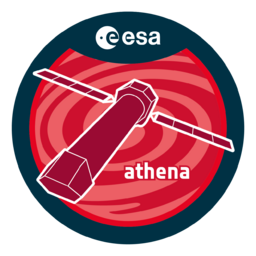
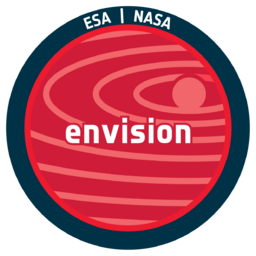
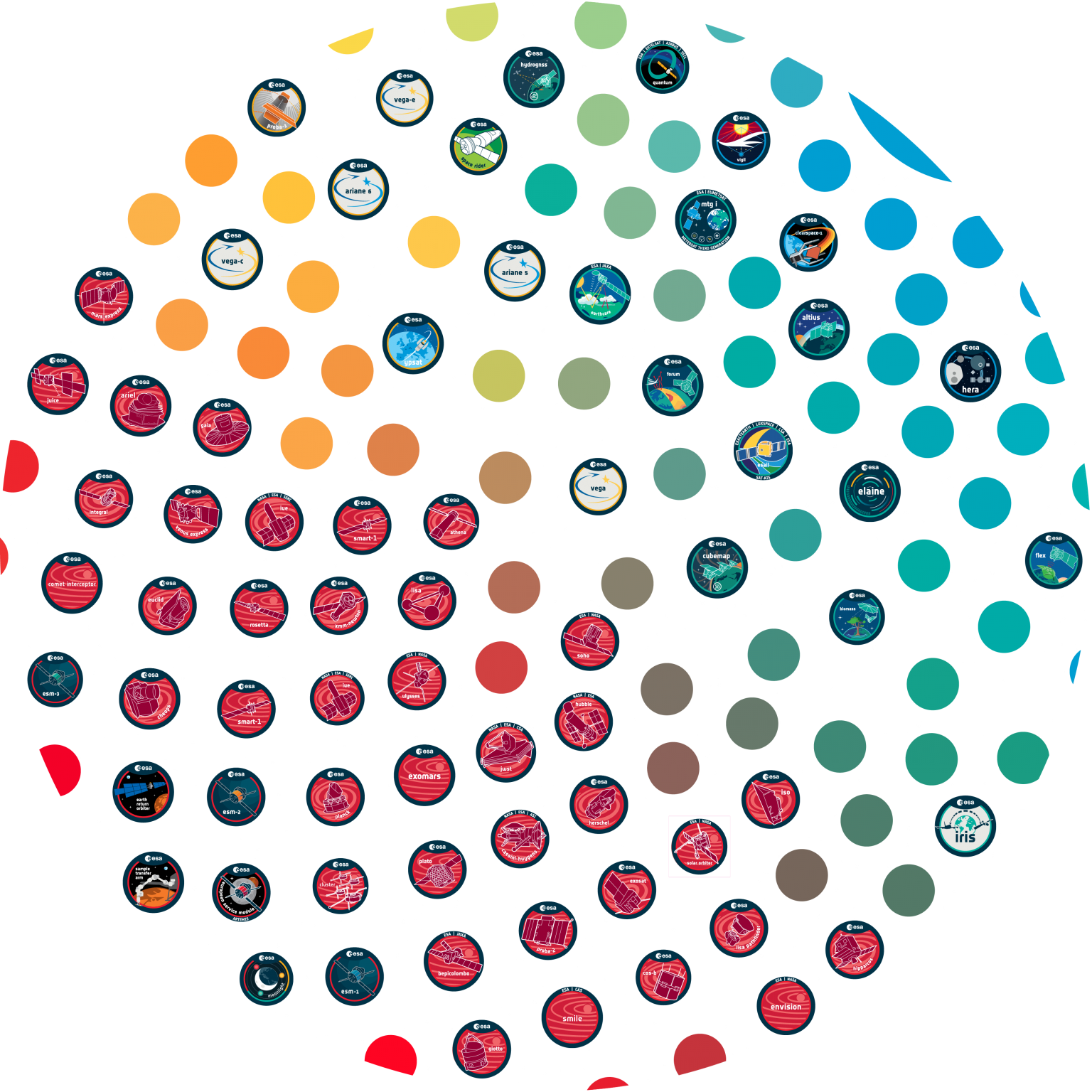
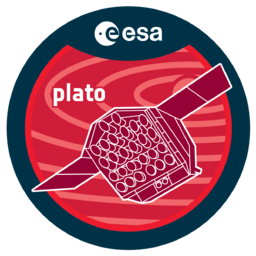
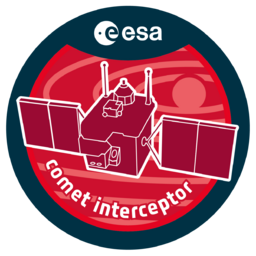

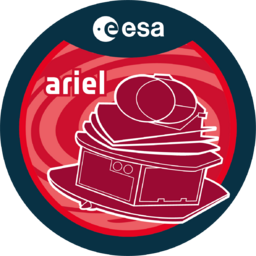
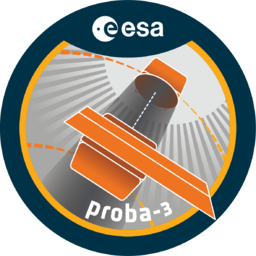
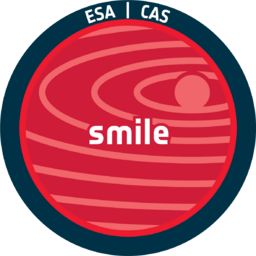
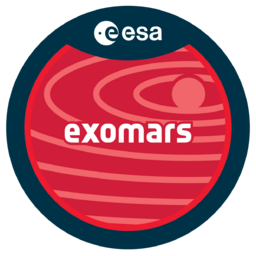
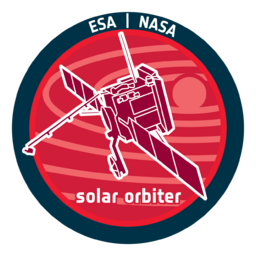
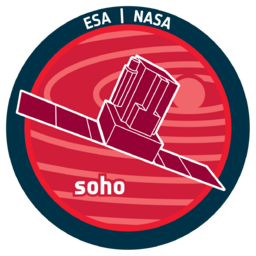
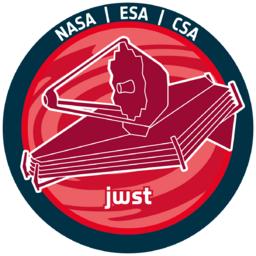
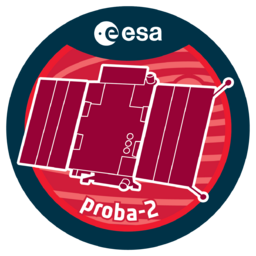
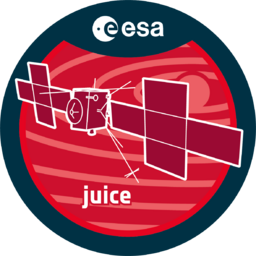
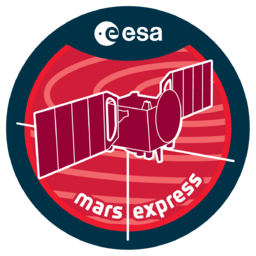
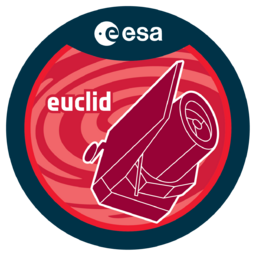
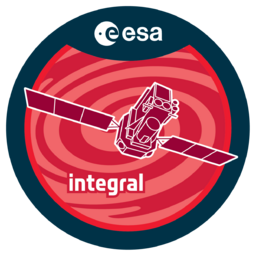
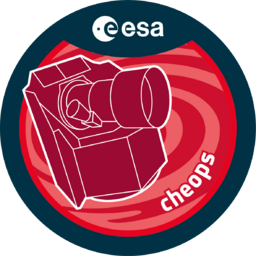
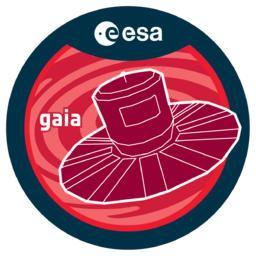
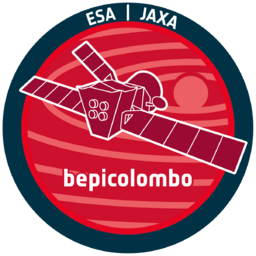
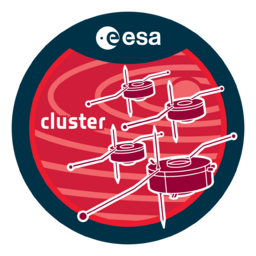
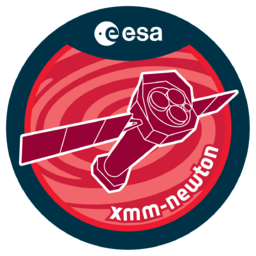
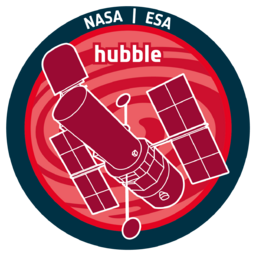
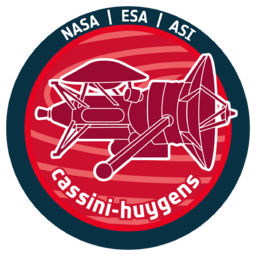
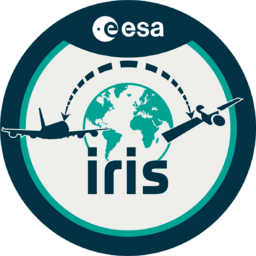
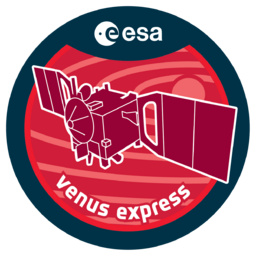
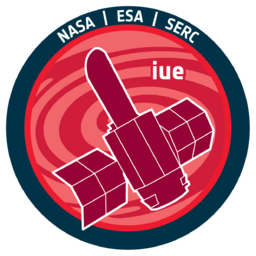
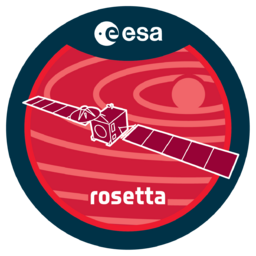
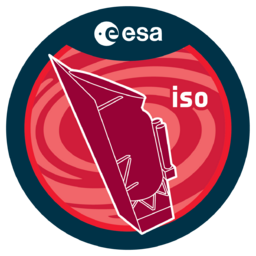

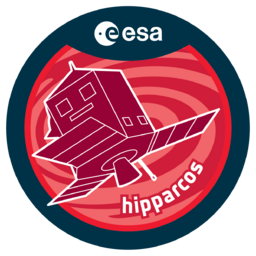
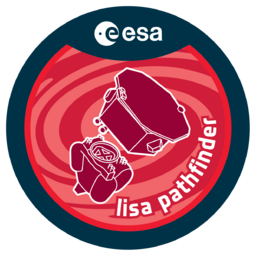
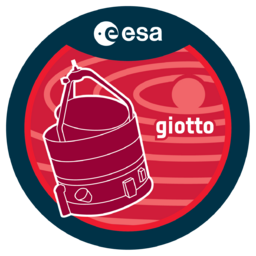
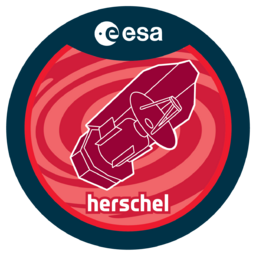
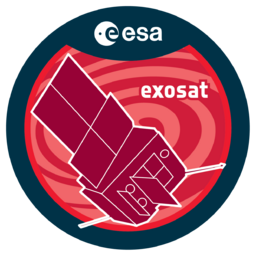
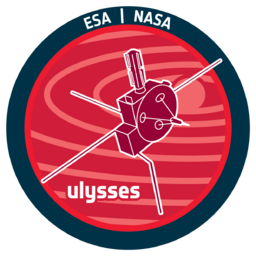
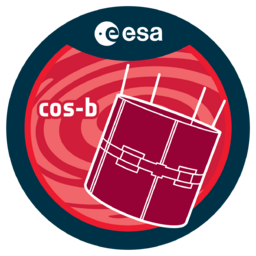
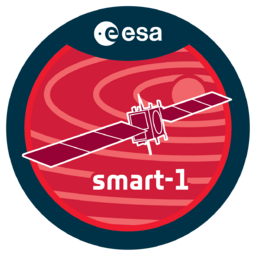

 Sign in
Sign in
 Science & Technology
Science & Technology

